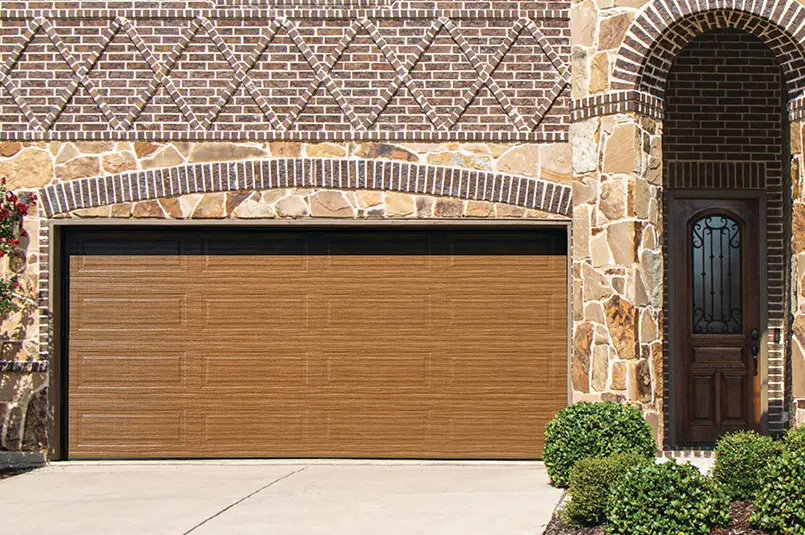Garage Door Repair Knoxville TN In this guide, I’ll delve into the potential interference between LED bulbs and garage door openers, covering the causes, effects, and solutions in.

Understanding LED Bulbs:
LED (Light Emitting Diode) bulbs differ from traditional incandescent bulbs in several ways. They use semiconductor technology to produce light and consume significantly less energy than incandescent bulbs. LED bulbs also emit less heat and have a longer lifespan, making them an attractive choice for residential lighting.
Causes of Interference:
Interference between LED bulbs and garage door openers can occur due to electromagnetic interference (EMI) generated by the LED bulbs themselves. LED bulbs contain electronic components such as drivers and capacitors that can emit electromagnetic radiation, which may interfere with the radio frequency (RF) signals used by garage door opener remotes.
Effects of Interference:
The interference caused by LED bulbs can manifest in various ways, including:
- Remote Control Issues: Garage door opener remotes may experience reduced range, intermittent operation, or complete failure to operate the door.
- Wall Control Panel Malfunction: The wall-mounted control panel inside the garage may also be affected, leading to erratic behavior or unresponsive controls.
- Opener Motor Problems: In severe cases, the interference may affect the operation of the garage door opener motor, causing it to malfunction or overheat.
Solutions to LED Interference:
If you’re experiencing interference between LED bulbs and your garage door opener, there are several steps you can take to mitigate the problem:
1. Test Different LED Bulbs:
Not all LED bulbs are created equal. Some models may emit more electromagnetic interference than others. Experiment with different brands and types of LED bulbs to find ones that are less likely to interfere with your garage door opener.
2. Choose Quality LED Bulbs:
Opt for LED bulbs from reputable manufacturers known for their quality and reliability. Look for bulbs that meet industry standards for electromagnetic compatibility (EMC) and have undergone testing for interference issues.
3. Use Shielded LED Bulbs:
Some LED bulbs are specifically designed to minimize electromagnetic interference. Look for bulbs labeled as “shielded” or “EMI-shielded,” which feature built-in shielding to reduce the emission of electromagnetic radiation.
4. Install Ferrite Chokes:
Ferrite chokes, also known as ferrite beads or ferrite cores, can help suppress electromagnetic interference. These small, cylindrical devices are placed around the power cord of the LED bulb to absorb and dissipate unwanted electromagnetic energy. Install ferrite chokes on the power cords of LED bulbs to reduce interference with your garage door opener.
5. Increase Distance:
Increasing the distance between the LED bulbs and the garage door opener system can help reduce interference. If possible, install the bulbs farther away from the opener unit and its antennas to minimize the impact of electromagnetic radiation.
6. Install RF Filters:
Radio frequency (RF) filters can help attenuate unwanted RF signals, including those generated by LED bulbs. Install RF filters on the power lines feeding the LED bulbs to suppress electromagnetic interference and improve the reliability of your garage door opener system.
7. Consult a Professional:
If you’re unable to resolve the interference issues on your own, consider consulting a professional electrician or garage door technician for assistance. They can provide expert advice and may recommend specialized solutions tailored to your specific situation.
Conclusion:
With the right approach, you can enjoy the benefits of LED lighting without compromising the performance of your Garage Door Repair Knoxville TN system.
Camco Commercial Door Company
1-865-776-9455
